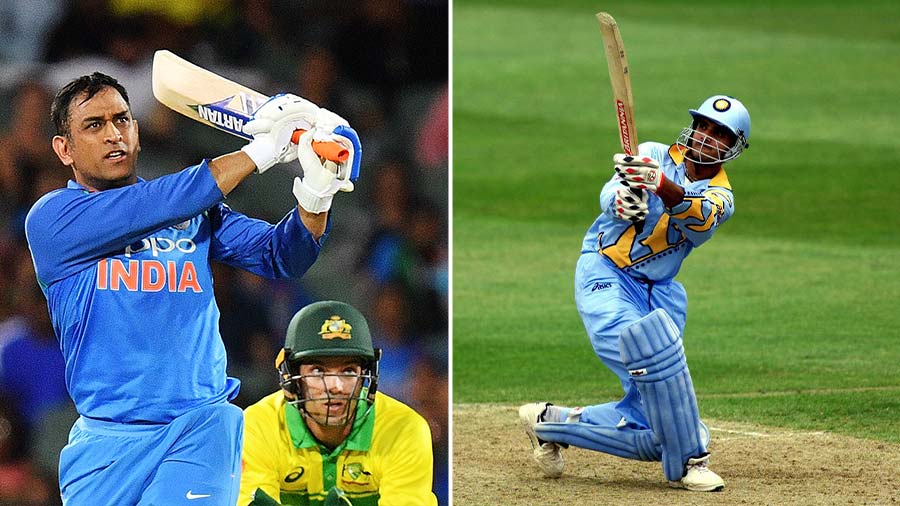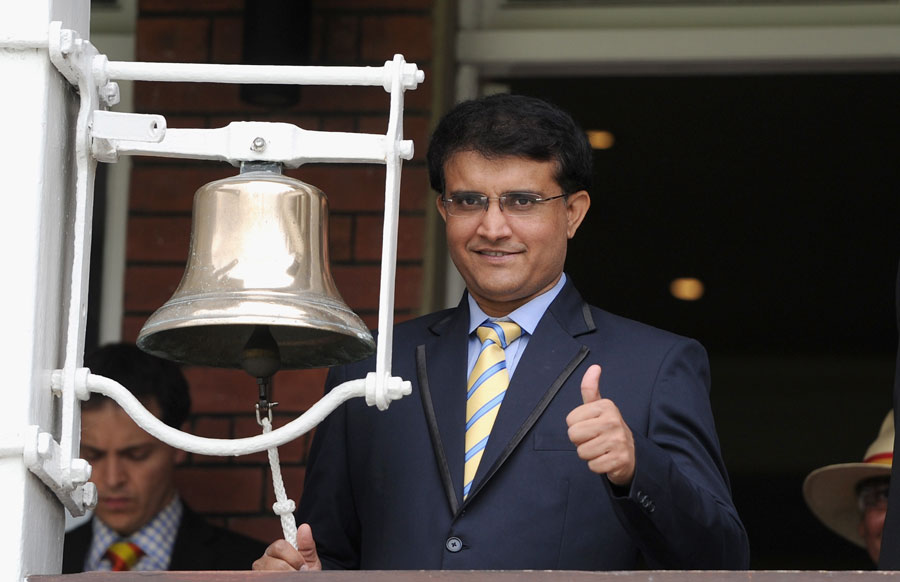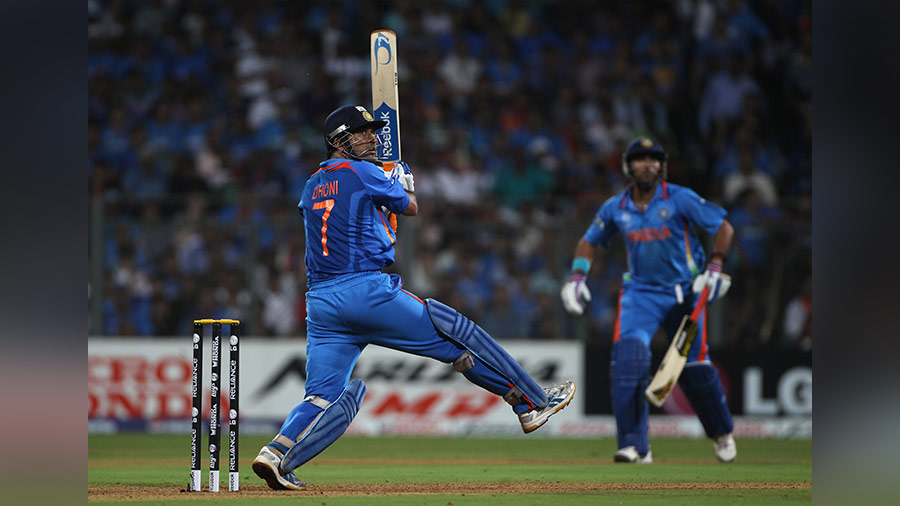Sourav Ganguly and Mahendra Singh Dhoni are perched atop the list of skippers who changed the face of Indian cricket. Both were leaders who challenged the textbook idea of a captain. As the two ‘captaincy greats’ turn a year older, My Kolkata looks into their cultures of captaincy and the two significant eras in Indian cricket they heralded.
The resurrection
When Mohammed Azharuddin took over the reins of captaincy from K. Srikkanth in 1989, the embers of the ’83 World Cup blaze of glory had been extinguished and Indian cricket had hit rock bottom following match-fixing allegations. The nation reposed its faith in youngsters to bring back the golden days but a decade later, it was Azharuddin who had been accused of match fixing. Effigies were burnt, marches were held, taunts were thrown, and every bit of what 1983 had built was crushed and reduced to rubble.
This is the background against which Sourav Ganguly embraced the challenge to lead Team India. To score a century at Lord’s on debut and take the reins of a team being subjected to vitriol from every quarter need a brand of aggression and infectious confidence that is rare. As captain, Sourav retired the adjectives ‘nice’ and ‘good’ from Indian cricket. The new dawn saw an Indian team that was rarely pliant. Because it had a leader who would rather keep the Australian skipper waiting for toss than exchange pleasantries over tea.
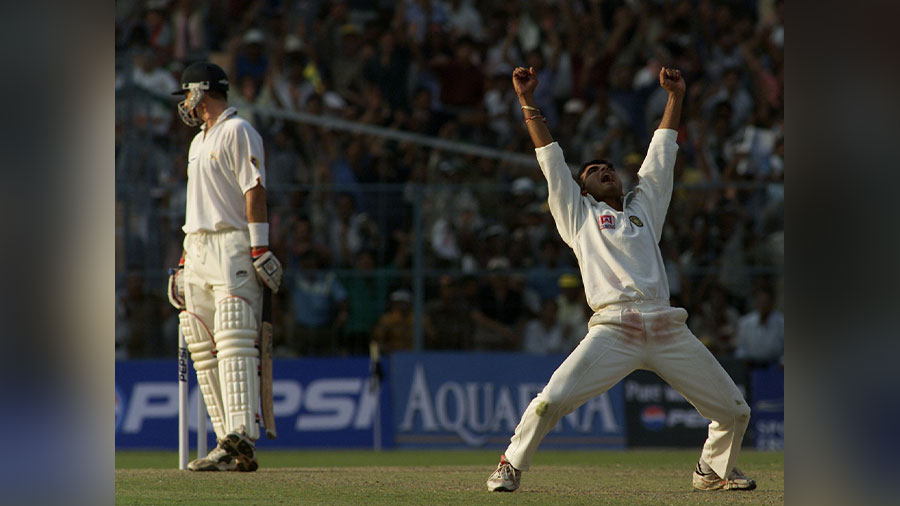
As captain, Sourav retired the adjectives ‘nice’ and ‘good’ from Indian cricket
Sourav turned Indian cricket around with beliefs that washed away the stains of complacency, uncertainty and, quite frankly, the obliging Indianness of our cricket. India started winning away from the subcontinent with a motley crew that had marquees, budding stars and even the weak links in tune. Under Sourav, the team won its first series in Pakistan, defeated Australia after following on at the Eden Gardens, overcame England at the Lord’s and became a force to reckon with.
While Sourav’s iconic decisions, or let’s say gambles bolstered by game sense and confidence — from making Virender Sehwag open to backing Yuvraj Singh, Zaheer Khan, Harbhajan Singh and Ashish Nehra in defiance of the board, pushing Dhoni up the order to making Rahul Dravid keep — have been talked about a lot, the soft balance that he hit between nurturing youngsters and managing the seasoned bunch of Sachin Tendulkar, Dravid, Anil Kumble and Javagal Srinath made him a skipper par excellence.
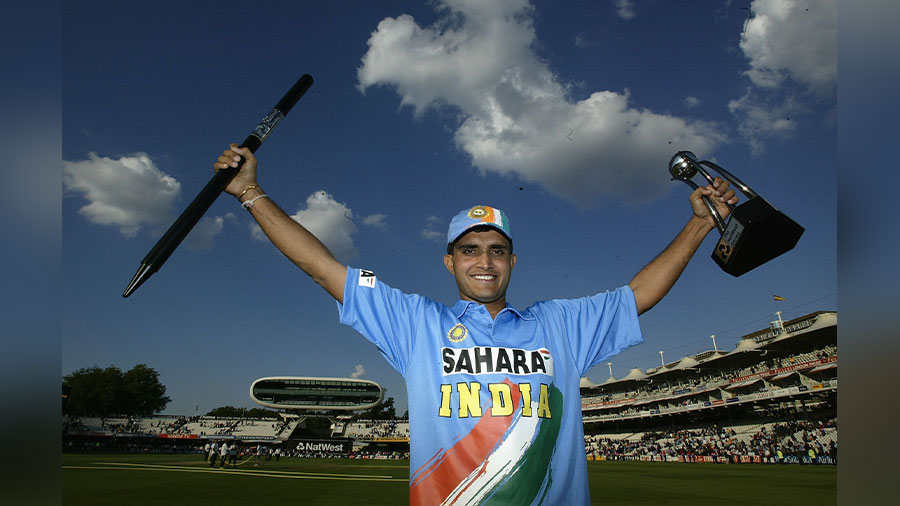
The soft balance that he hit between nurturing youngsters and managing the seasoned bunch made Ganguly a skipper par excellence
Personally, I resonated with his aggression. And so did countless other Indians witnessing a dearly awaited resurrection of the sport in the country. Understanding the importance of a brown man waving his shirt and hurling expletives on the whitest of balconies would need a reading beyond the gentleman’s understanding of cricket.
Sourav was a cocktail of qualities and weaknesses that made him more interesting than most. He was never a fitness inspiration and never suggested an unwavering sense of discipline, both qualities considered a basic requirement in the upper echelons of sports. But everything that seemed to make him the bespectacled neighbourhood boy only amplified the one quality he epitomised as captain: the ability to remain unflappable on the worst of days and back his team to the hilt. And that was exactly what a bunch of newbies needed to coalesce into a team that was feared under difficult circumstances. Beyond personal statistics, Sourav gave a country with a weakness for the personality cult a personality they could look up to without guilt. He was a man who made the rookie coming into the Indian team aware of who he was and what he could achieve if he kept self doubt at bay.
The reign
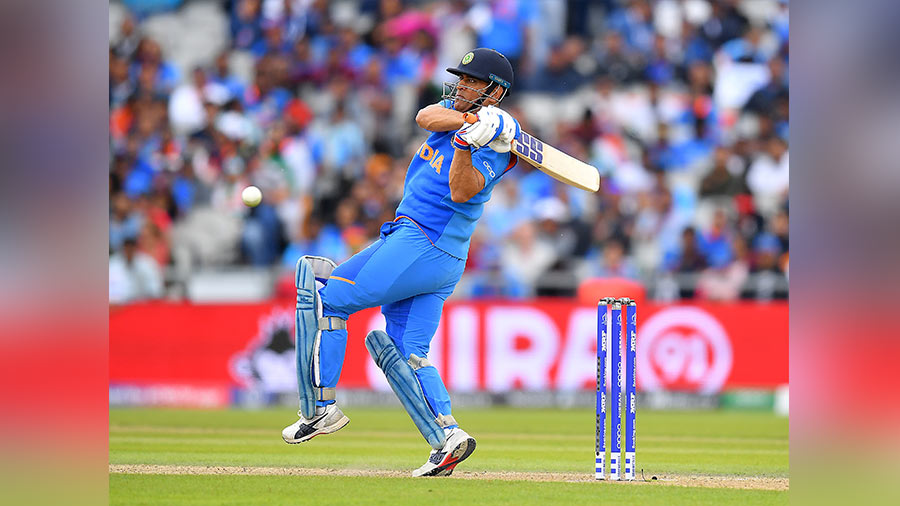
Over the years, Dhoni perfected his understanding of the game and used that knowledge to shape his team’s psyche
Dhoni, a player shaped Sourav’s era, reflected him in a number of ways. Dhoni was aggressive. He still is. But he is also a master of balance. What defined their individuality was their contrasting approaches to the same. Dhoni inherited a team composed of stars. The most glaring gap was the lack of silverware. Although Sourav’s effect ebbed away, the aggression that he had injected into the team remained. To confuse Dhoni’s aggression with Sourav’s would be unfair. Over the years, Dhoni perfected his understanding of the game and used that knowledge to shape his team’s psyche. Despite being far from technically perfect with the bat, Dhoni's strategies ironically rested on a near-perfect reading of the game and its ebb and flow, his ability to dictate the game from behind the wicket and his trust in aggression.
Dhoni took over the baton when Sourav, Dravid and Tendulkar decided to not play in the inaugural T20 World Cup in 2007. His young brigade brought home India’s first ICC trophy since 2002. His backing of Joginder Sharma’s experience in first-class cricket led to Misbah-ul-Haq’s dismissal at short fine leg to give India the trophy, and renew the country’s tryst with cricketing silverware. During his decade-long stint as captain, Dhoni won the 2011 World Cup and the 2013 Champions Trophy, thus completing the ICC trophy cabinet.
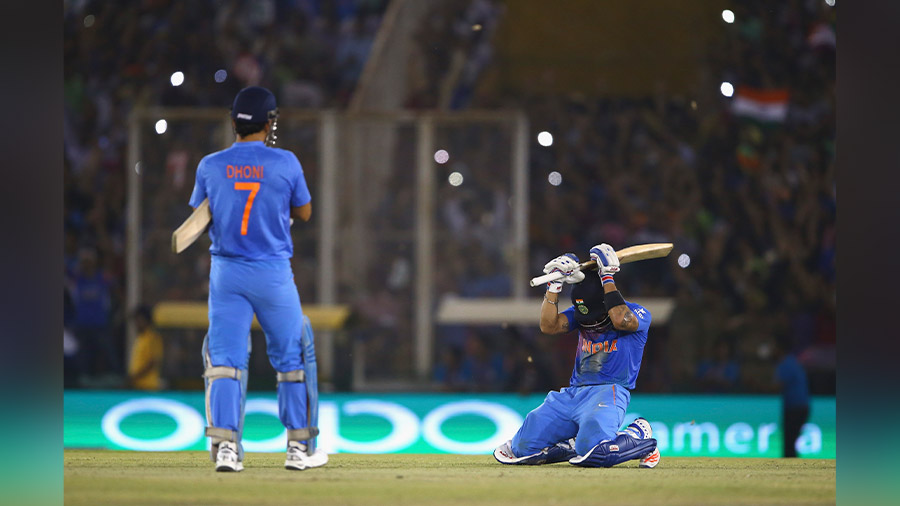
Dhoni’s understanding of cricket and its mind games not only changed the course of matches but also the modern-day understanding of the sport
In his 10 years at the helm, Dhoni’s strategic calls and backing of players who would eventually lead India was reminiscent of Sourav, be it bowling in a Champions Trophy semi-final or moving himself up the order in the World Cup final despite his negligible contribution with the bat till that point or backing Rohit Sharma, Ravindra Jadeja, Hardik Pandya, Ravichandran Ashwin and Virat Kohli when they needed it the most.
Dhoni's brand of aggression evolved over the years. He is known for his composure, but he made sure his strategies were aggressive enough to shake the opposition. His understanding of cricket and its mind games not only changed the course of matches but also the modern-day understanding of the sport. Probably for the first time, an Indian captain was hailed as the finest in the world — a revered monk-like figure who knew and saw things others couldn’t. As a maverick wicket keeper first and a captain later, Dhoni cemented his place in the pantheon of greats with the best foresight. He knew more about his team’s ability than anyone else, much like his first skipper, Sourav. Dhoni read the field before anybody and better than anybody.
The two chapters in Indian cricket can certainly be weighed with statistics and differentiating factors. Cricket in India would have been very different without the two skippers whose cultures of captaincy can probably be codified but hardly emulated.


